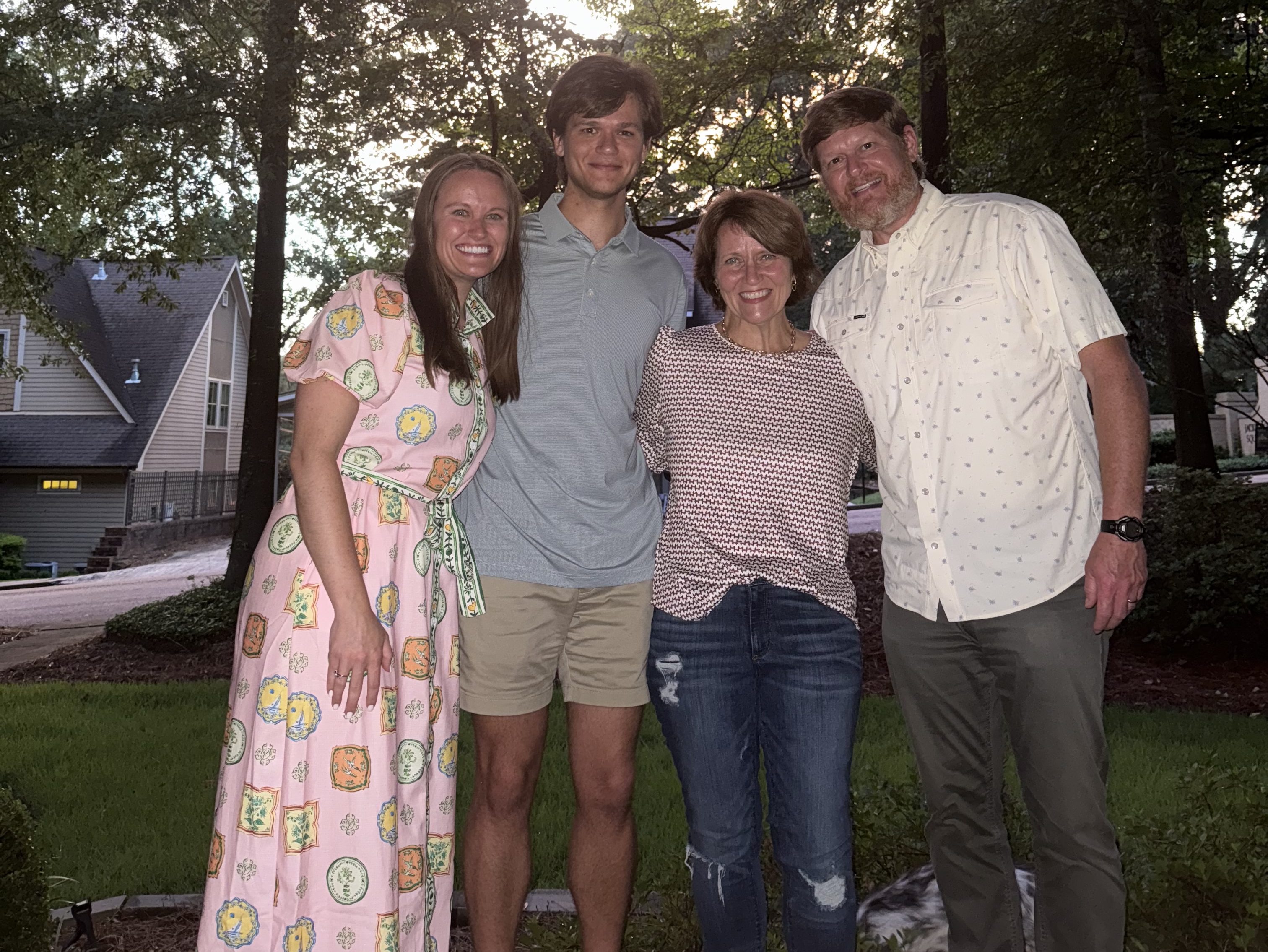Alliance Health Center
Published 3:00 pm Sunday, February 28, 2016

- Outside group therapy.
Facility sees increase in psychiatric, substance abuse treatment
In 2015, Alliance Health Center accessed and treated a record number of patients through its psychiatric and substance abuse treatment programs
According to Cindy Dyess, director of business development, the facility accessed more than 8,500 patients and admitted 3,600 during the year.
“Approximately a third of the individuals we accessed to determine if they needed in-patient criteria did meet that criteria,” Dyess said. “The others were referred to outpatient care, or were referred to another in-patient facility that might provide a program that we didn’t have.”
Because of increasing in-patient numbers, Alliance has experienced a problem common nationwide with mental health facilities.
“We’ve had situations where we’ve had to go on diversion because of not having enough beds; and as a result, we’ve have to refer patients to other facilities” Dyess said. “
Much of Alliance’s success, Dyess said, may be attributed to its staff.
“We have a very good medical staff with a very good therapeutic team comprised of nurses, social workers and therapists,” she said.
However, Dyess said for patients to fully benefit from treatment requires a combination of medicine and therapy – both of which are offered at Alliance.
“If you just do medications, it helps but it’s not a well-rounded, balanced type of therapy,” she said. “The patient also needs individual and/or group therapy.”
Psychiatric
Programs
Alliance offers psychiatric programs for adolescents, adults and geriatrics.
– Adolescents, ages 12-17. The programs are Bridges (for boys) and Reflections (for girls). Experiential and expressive therapies are used for this age group.
“Those type of activities are building teamwork and coping skills,” Dyess said.
– Adults. The program includes two units: Connections and Journeys.
Connections is an acute, chronic mental illness unit for individuals with Severe Mental Illness (SMI) and must stay on medication.
“If they relapse and don’t take their medication, they will go back to having those symptoms of hallucinations and hearing voices,” Dyess said. “So it’s an absolute must for them to stay on their medicine.
Journeys is designed for individuals who do not have a severe mental illness, but are diagnosed with severe depression, suicide ideation (where they are thinking about suicide or have attempted it), anxiety, Post Traumatic Stress Disorder (PTSD) and other similar illnesses.
– Geriatrics. The program is known as Milestones and incorporates expressive therapies such as art, music, ceramics, reminiscent groups and humor, as well as daily health and fitness and spiritual devotion.
Family involvement is crucial to the geriatrics program, Dyess said.
“They are coming to us to be assessed to see if the symptoms they are showing is a stage of dementia or severe depression,” she said.
Addiction services
Family practitioner and addictionologist Dr. John Mutziger has joined Alliance Health Center as a treatment provider for its medical detoxification.
“With him having 30-plus years as a family practitioner, he’s able to work with our patients to take care of their medical needs,” Dyess said.
Alliance’s addiction service incorporates a medical detox protocol for all substances.
“That means an alcoholic will have a detoxification than someone being detoxed for barbiturates and amphetamines,” she said.
In addition to medical detox, Alliance also offers a long-term recovery program called New Leaf Recovery, which is a 30-day program. James Murphy is the recovery program’s new director and is starting a new program called Living in Balance.
“This program is designed to assist people in their recovery and help them stay sober in their recovery,” Dyess said.
New programs
In 2015, Alliance initiated Trauma Informed Care, which is geared to individuals who have experienced any type of trauma or Post Traumatic Stress Disorder (PTSD). While PTSD is often associated with veterans – particularly those who served in wars – it can relate to anyone as well as any type of stress.
“It can be physical abuse, sexual abuse, being in a very dysfunctional families where the parents are going through a divorce or there is a loss of a parent. It can be from experiencing a death of any kind, a loss of job – Post Traumatic Stress is a very wide area,” Dyess said.
The facility also initiated Eye Movement Desensitization Reprocessing (EMDR), another therapy to help with symptoms of Post Traumatic Stress.
“It’s a very new therapy but very effective,” Dyess said. “It’s been well received and very beneficial for the patient.”
This year, the geriatric unit will undergo a number of changes, including accepting patients who may require IVs for hydration, oxygen or have other medical issues.
“The key thing about that is we assess them on an individual basis, because some may be able to be provided medical treatment here (at Alliance) and some may not,” Dyess said.
History of Alliance
Alliance Health Center first began in 1961 as St. Joseph’s Hospital. Under the guidance of the Sisters of St. Joseph, the hospital provided inpatient hospitalization for surgeries and medical/physical illnesses.
In the early 1970s, the psychiatry department was opened. Psychiatrists provided effective use of drugs and electro-convulsive therapy in the treatment of a wide range of psychiatric disorders.
In 1977, Hospital Corporation of America (HMA) leased St. Joseph Hospital and changed the name to Meridian Regional Hospital. The nuns soon returned to Ohio and Alliance Health Center became a free-standing psychiatric and drug/alcohol facility in 1989.
For more than 40 years, Alliance has provided psychiatric and drug/alcohol treatment to individuals across the state of Mississippi and Alabama.
Submitted photo
New Leaf Recovery Program.





